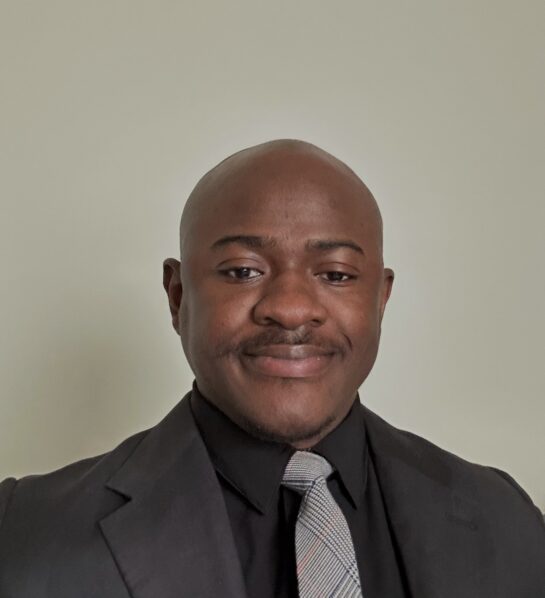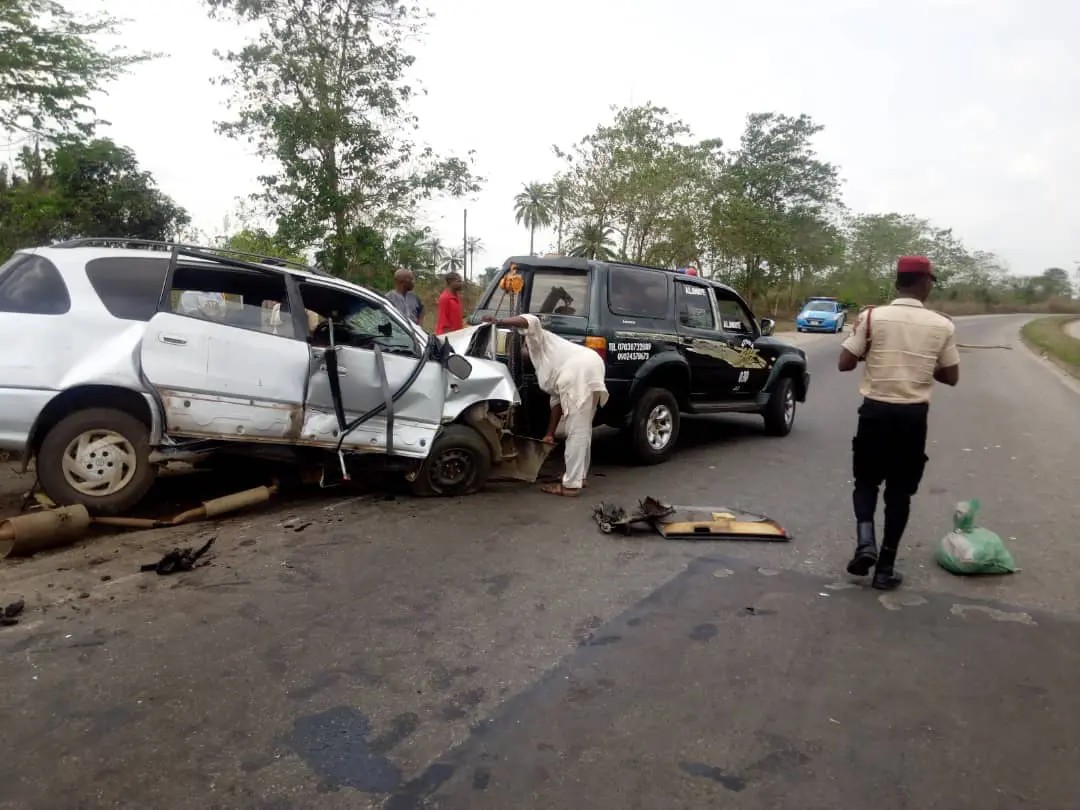
In a groundbreaking interview with The Guardian’s IFEANYI IBEH, Dr. Danladi Adamu unveils the transformative potential of health informatics in Nigeria’s healthcare landscape. Dr. Adamu, a seasoned medical professional with a penchant for technology, discusses his journey from clinical practice to pioneering initiatives that bridge the gap between healthcare and technology. Delving into the opportunities presented by medical informatics, he elucidates on the profound impact such integration could have on healthcare delivery, particularly in a country like Nigeria. From leveraging telemedicine to addressing disparities in access to healthcare, Dr. Adamu shares insights into his innovative projects and outlines a vision for the future of healthcare in Nigeria. His advice for young health professionals underscores the importance of embracing non-traditional career paths and fostering a spirit of innovation in the pursuit of better health outcomes.
What has your background in healthcare been like?
My career in medicine initially followed the stereotypical path of obtaining a medical degree and becoming a doctor practicing clinical medicine. However, I have always had a strong interest in technology specifically software and in trying to marry both interests use my knowledge and skills to drive positive change, I came across medical informatics and the huge potential for impact technology can have when properly applied to healthcare especially in a country like Nigeria where this has not previously been explored much. I also took about 1 year to work with organizations who do some work in this field and this solidified my decision to transition from more clinical roles to informatics roles.
Could you go into some more detail about these opportunities the introduction of informatics into the health sector holds?
Currently healthcare delivery in Nigeria is mostly done through the traditional doctor patient in a hospital setting and while this model has a lot of positives for the health of individuals, it leaves a lot on the table when it comes to things like preventive care, personalized medicine and even just addressing the disparities that make it difficult for an individual to have good health. For example, If a person cannot get in to see a doctor either because they are too far away or too poor or too sick to, then they cannot get better.
Medical informatics holds promise for a better way, by providing avenues for using technology to address these issues. One such area is telemedicine; individuals can seek care remotely even if there are no doctors in their communities and the providers can access patient information and disseminate as necessary
As a health professional trying to integrate healthcare and medical informatics in Nigeria, what projects or initiatives have you been able to introduce?
In my role as a Medical Officer in a Primary Health Centre in Zaria, Kaduna, I initially noticed a lot of children were getting lost to follow up following initial vaccinations and children typically receive multiple doses of a vaccine before they achieve significant protection from disease. These children getting lost to follow up created a problem for the health system as they subsequently presented with illnesses that could easily have been prevented and we decide to implement a very simple database/follow-up system where parents of these children were entered into a secure onsite database and then this database sent out automated reminders to the health workers and parents when it was time for these kids to receive subsequent doses of vaccines.
What impact did this project have and how were you able to quantify or assess the impact of the project?
I think the most significant impact of the project was first establishing that it was possible to use these technologies even on a small scale to have a significant impact on the health of the community. On the other hand, we saw a significant proportion of patients returning for repeat vaccinations as we were not only able to convince them of the need to but follow up with reminders when appropriate and this in turn led to improvements in the health of children in the community and reductions in the occurrence of vaccine preventable ailments like measles.
What stumbling blocks would you say you encountered in trying to develop and implement this project?
One significant roadblock we encountered was reluctance to implement projects like this due to a lack of knowledge from other health workers involved in the project so it became necessary to conduct training for those involved in the project to ensure there were no issues. Another issue was the reluctance of management at the facility to implement the project due to financial restraints so we had to get creative with funding sources and minimize costs for the project.
Are there other aspects of health delivery in Nigeria that you feel can benefit greatly from the application of medical informatics?
I find that because technology has not been integrated significantly with healthcare in Nigeria there is a lot of room for innovation and improvement. This includes things like electronic health records where most health providers here still use paper records, research where it’s possible to use technologies like databases and programming to simplify the analytics process, another significant aspect is telemedicine which can significantly improve healthcare access and reduce health costs.
Do you have any future projects you would like to implement in these areas?
Definitely, there are a significant number of projects that I am passionate about implementing. I think one of the major issues in healthcare in the country is that of access, a lot of people cannot afford to dedicate the time, effort and cost it takes to seek healthcare and I would like to develop projects that focus on using existing technology to address these concerns. Beyond telemedicine I believe approaches that ease scheduling and booking appointments would be beneficial, a system where you can set up a specific appointment time for hospital visits or laboratory tests and not have to waste so much time waiting or running around to get things done.
Do you have any advice for other young health professionals who may be interested in non traditional careers in healthcare?
I think the most important advice I could give is to think outside the box, most of us are trained to follow a predetermined path and I think one significant way to overcome this is to open your mind to other possibilities. Look into how your already existing interests can be applied towards medicine and consider building a career from that.
[ad unit=2]






